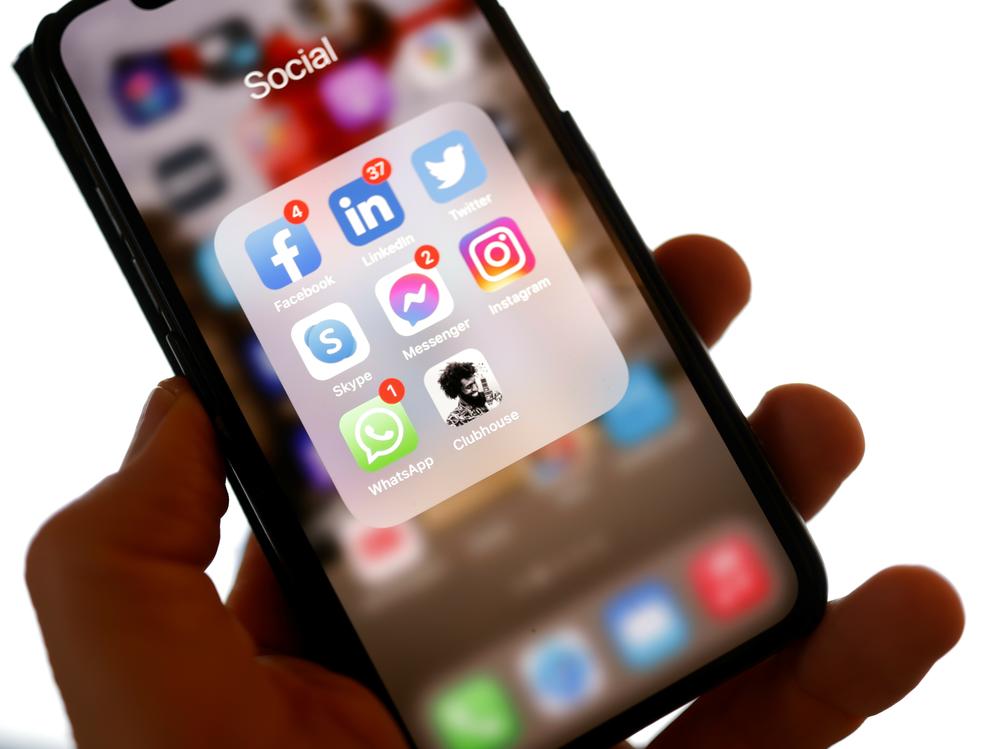Section Branding
Header Content
Opinion: Fewer dings, please!
Primary Content
I have some important information. The average American - oh, wait. <ding!> New notification. CNN: something about Taylor and Travis. Hmmm. <ding!> And our dog food is out for delivery. Whew.
Oh, I can still meet my activity goal if I take a brisk 26 minute walk!...
The average American reportedly gets about 70 smartphone notifications a day. And according to a new study from Common Sense media, the number is far higher for teenagers, whose phones ding and vibrate with hundreds or even thousands of daily alerts. This constant cascade distracts us from work, life, and each other.
"The simple ping of a notification is enough to pull our attention elsewhere," Kosta Kushlev, a behavioral scientist at Georgetown University, told us. "Even if we don't check them. This can have obvious effects on productivity and stress, but also our own well-being and of those around us."
I doubted those figures until I scrolled through my own home screen. I get push alerts from news sites, municipalities, delivery services, political figures, co-workers, scammers, and various purveyors of soap, socks, and shampoos, offering discounts and flash sales.
"Humans are not good at multitasking," Professor Kushlev reminded us. "It takes extra time and effort to switch our attention. We feel more drained and depleted. We get interrupted so many times a day that these effects can add up to meaningful decreases in our well-being and social connection."
I am grateful to get up to the minute pings on the shakeup in Congress or that the Bears have won. I'm eager for messages from our family. But I wonder why The New York Times feels it is urgent to alert me, as they did this week, about "The 6 Best Men's and Women's Cashmere Sweaters."
This is, of course, a circumstance mostly of our own creation, constructed click by click. We can choose to check notifications just a couple of times a day. But does that risk delay, real or imagined, in seeing something we really need to see? Or that would simply delight us? (Go Bears!)
The promise of instant communication has swelled into information congestion. So many urgent notifications, not many of which are truly urgent; and only a few are even interesting. So many hours spent gazing onto the light of a small screen, as if it were an oracle, searching for news, gossip, opportunity, and direction, while so often being oblivious to the world all around us.
<ding!> Hey! My cashmere sweater is here!
Copyright 2023 NPR. To see more, visit https://www.npr.org.

